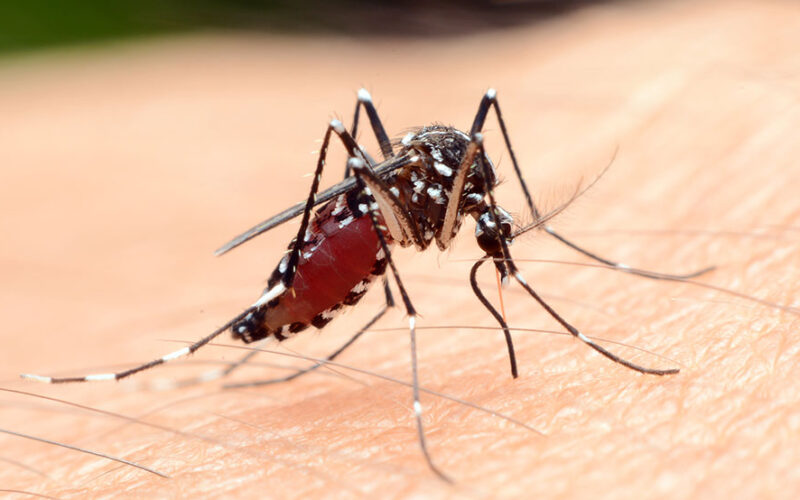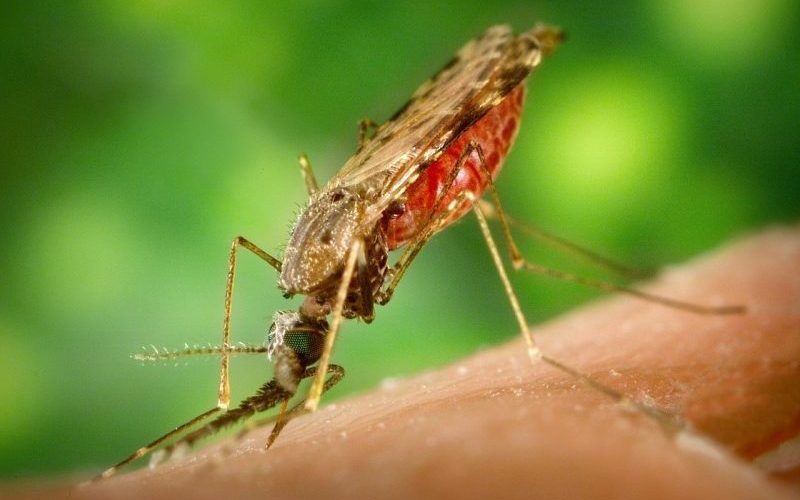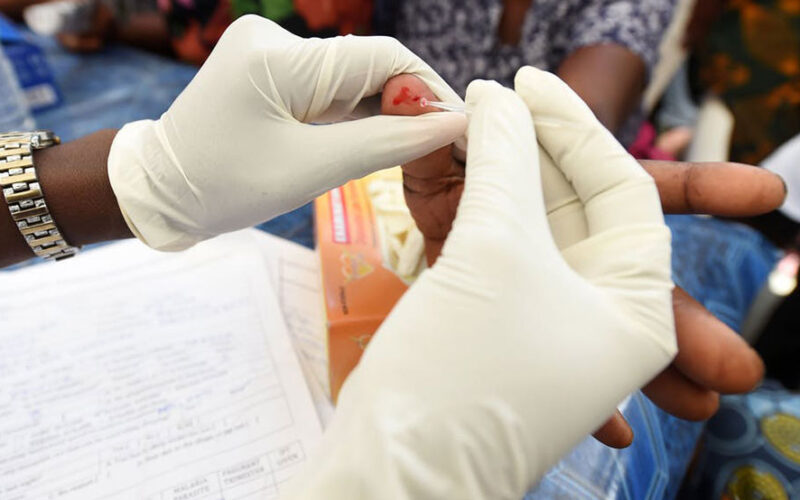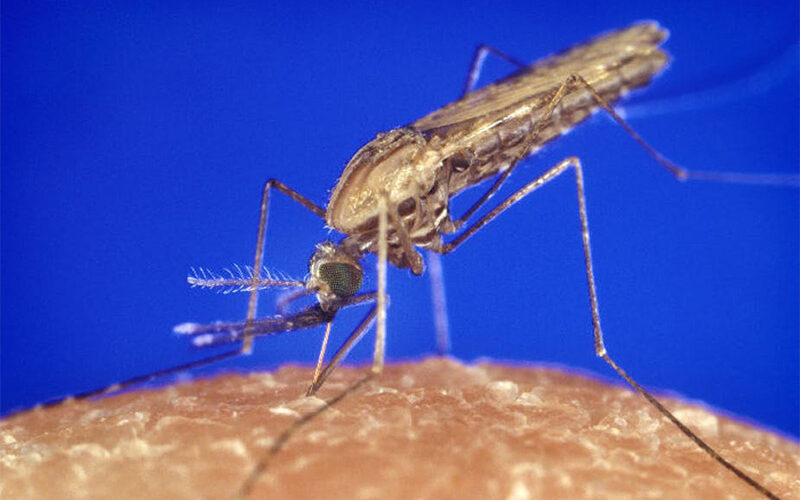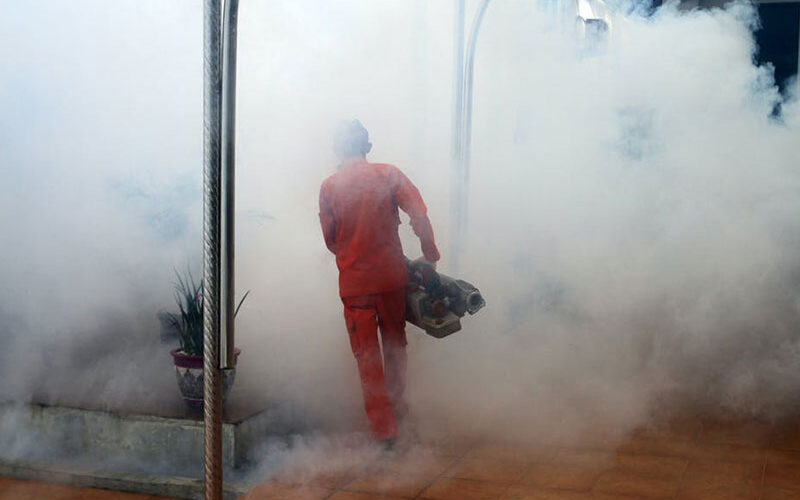African scientists on the rise
SETH ONYANGO AFRICAN scientists are staking a claim at the world’s scientific high table, generating cutting-edge breakthroughs in the fight against malaria, HIV/AIDS, maternal health and TB and boosting agricultural productivity. Despite little global spotlight − at home where it matters, as well as overseas – African scientists are creating home-grown solutions to some of the world’s biggest maladies. The World Bank has released a report indicating that despite an increase, Africa’s contributions to the world’s research remains at a measly 1.1 per cent. But there are caveats. One is that the research that IS created is extremely wide-reaching, showing…

